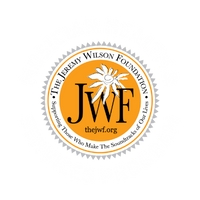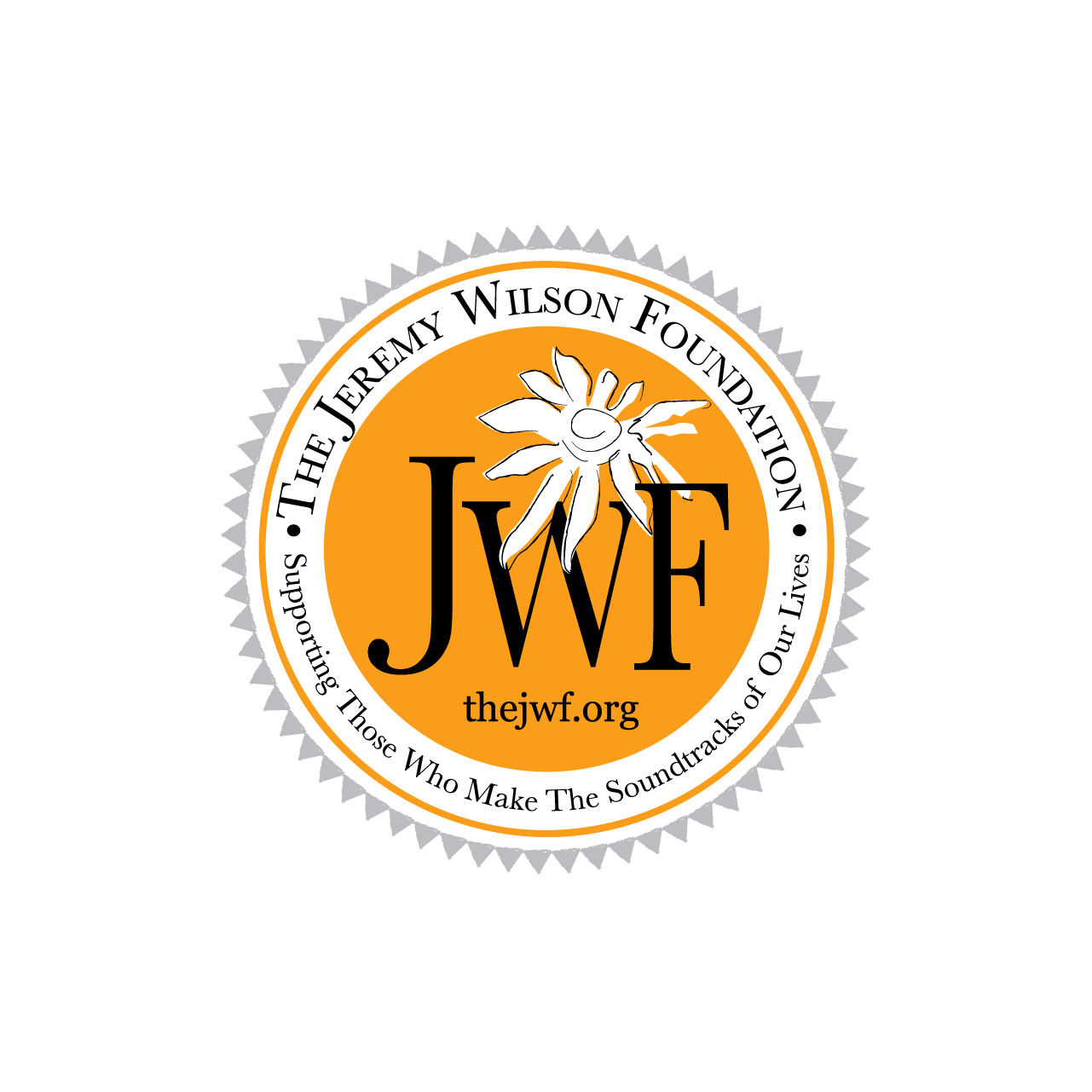End of Year Letter 2022 by Jeremy Wilson
Hello Friends,
My earliest memories are of song-circles–the beginning of my musical learning–and the singers and songwriters who surrounded me. I joined the school band in second grade and continued that training through high school. In fourth grade, I started seriously studying ballet, dancing five days a week. At thirteen, I bought my first electric guitar using money I earned collecting bottles and picking strawberries. A year later, I put ballet on hold and started my first rock band.
A selfie I took last summer at my old swimming hole in Scotts Mills, Oregon where I grew up.
Eric Lovre, Jim Talstra, Tim King, and I played as The Watchmen throughout high school, gigging regularly and making some money. After graduation, we signed our first record deal as The Dharma Bums and started touring extensively.
By the time I was in my late thirties–when I was diagnosed with a rare congenital heart condition called Wolff-Parkinson-White syndrome–I’d been steadily working as a professional musician for more than half my life.
Though I had what many people would consider a successful music and production career, my livelihood depended on my ability to produce and perform. But I couldn’t maintain my typical twelve-hour-a-day work schedule. I was in debt from a hospital stay and had no way to afford the heart surgery on which my life depended.
The Dharma Bums - Eric Lovre, Jim Talstra, John Moen, Jeremy Wilson
“My livelihood depended on my ability to produce and perform.”
Want to talk about shame? In my head I chastised myself for not taking my mother’s advice to go to college. I feared being a burden and felt the scorn of a society that had told me from a young age to “get a real job.” Why hadn’t I listened?
The Pacific Northwest music community–this community; OUR community–carried me through that dark time in my life. Friends, family, and fans from around the region reached out and helped me see that while I may not have made much money in my life, my music had touched people over the years.
“This community, OUR community, carried me through that dark time in my life.”
I will never forget the stories people shared with me during that time, about what music meant to them, about the ways it enabled them to connect with others and with pieces of themselves. That support helped me understand that my financial success or failure has nothing to do with my value. I learned to see myself as a part of the larger fabric of my community and realized that music and art and the people who create it are inherently valuable.
I think the pandemic provided a similar lesson to all of us, all at once. We know what it feels like when every concert is canceled, every venue closed, and because of that, we have a new understanding of the value of live music: to bring joy and forge relationships and feed our souls.
While the pandemic may have sparked new understandings of the value of music, our societal support for independent artists hasn’t changed much since I was diagnosed with my heart condition. Despite expanded access to the Oregon Health Plan, musicians are still twice as likely as the general population to lack health insurance.
Another way to say all of this:
The experiences so many of us depend on for joy and community connections and food for our souls depend on the willingness of musicians to live on the margins. Spend a couple nights in the hospital and miss a few gigs and suddenly there’s the edge, right there. I founded the JWF because I believe musicians belong not on the edges but in the center. And the only way to get them there is to surround them.
If you’re WITH THE BAND, that’s where you are: surrounding our music community, making sure people have the support they need to keep making music.
Peace & love, my friends, and thank you for your support.
Jeremy Wilson
P.S. Happy New Year! May you find happiness, good health and have many wonderful musical experiences in 2023.
“What’s so funny about peace, love, and understanding?” as Elvis Costello would say!





